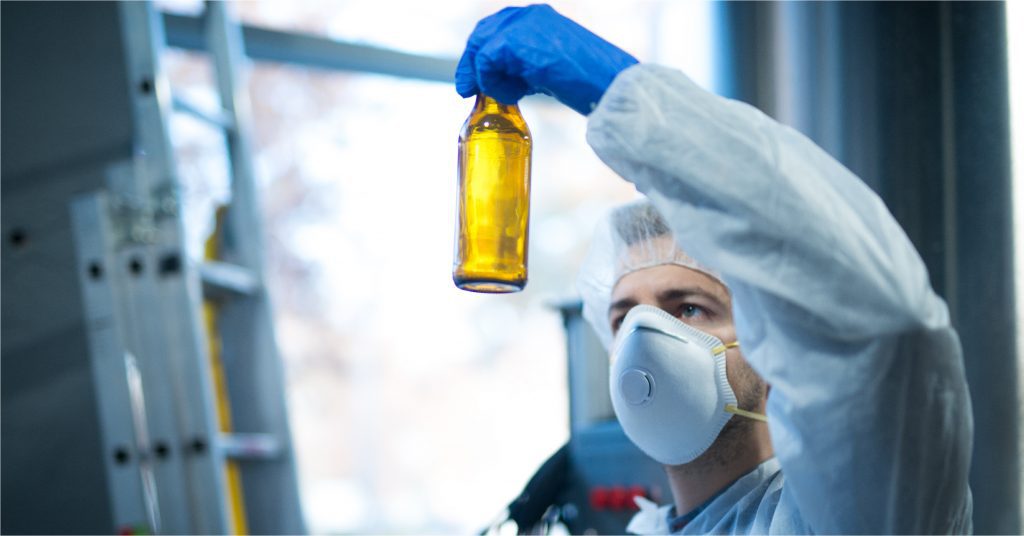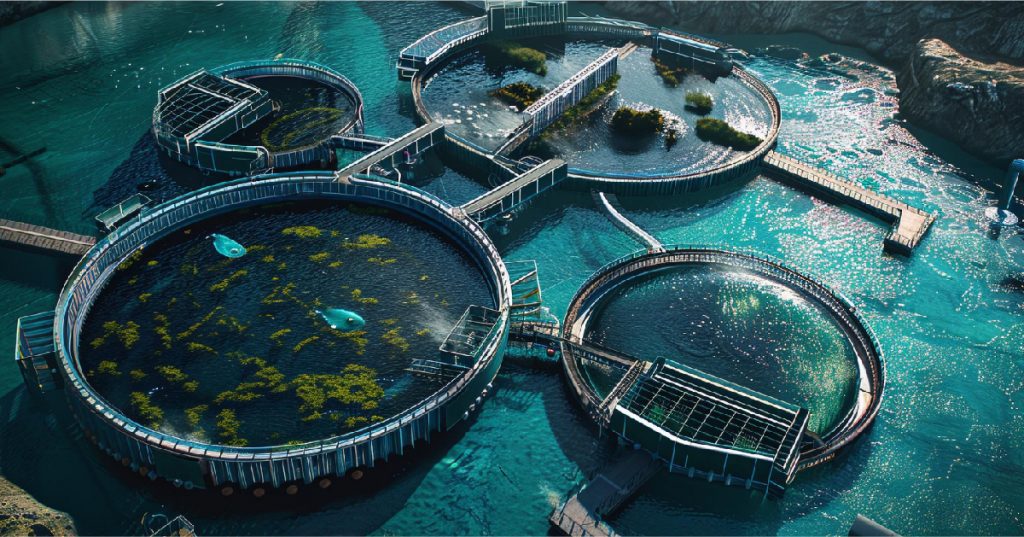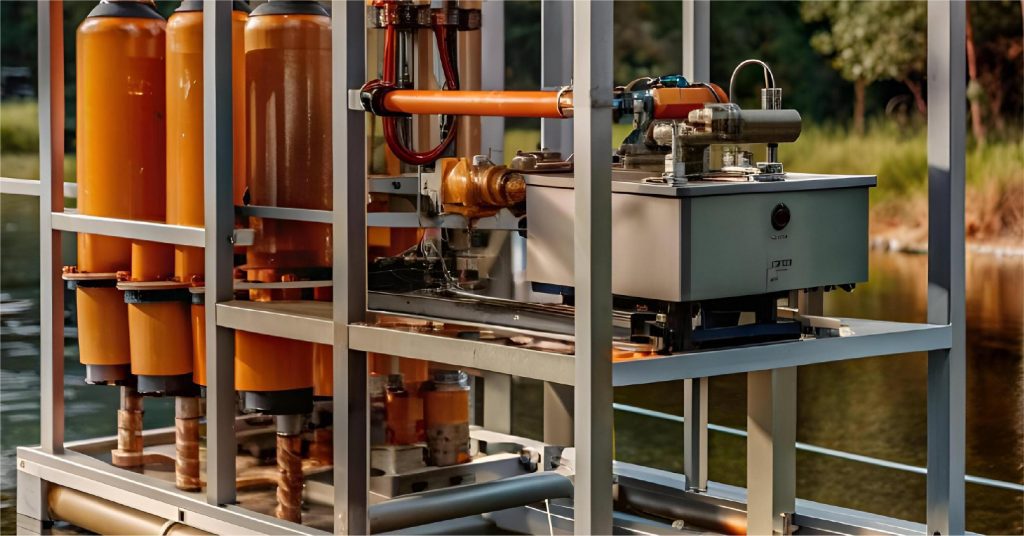Corrosion is a significant challenge for industries in Thailand, especially in sectors that rely heavily on water-based systems, such as cooling towers, boilers, and pipelines. Left unchecked, corrosion can lead to equipment failures, reduced efficiency, and costly repairs. To combat this, the use of a corrosion inhibitor has become an essential practice. These chemicals provide a protective barrier, preventing metal surfaces from reacting with corrosive elements.
In this blog, we’ll discuss the role of corrosion inhibitor chemicals, their types, and how to choose the right one for your systems, including applications like corrosion inhibitors in cooling tower systems and water-based corrosion inhibitor solutions.
Understanding Corrosion and Its Impact
Corrosion occurs when metals deteriorate due to their reaction with environmental elements such as oxygen, water, or chemicals. In industrial settings, factors like high temperatures, pressure, and impurities in water can accelerate this process. The consequences include:
- Reduced system efficiency due to deposits and blockages.
- Increased operational costs due to frequent maintenance and replacements.
- Potential safety hazards resulting from equipment failure.
What Is a Corrosion Inhibitor?
A corrosion inhibitor is a chemical substance added to a system to prevent or slow down the corrosion of metal surfaces. These inhibitors work by forming a protective film on the metal surface, altering the chemical composition of the water, or neutralizing corrosive agents.
Types of Corrosion Inhibitors
Choosing the right corrosion inhibitor depends on your system’s specific needs. Here are the main types:
-
Anodic Inhibitors
- These inhibitors form a protective oxide layer on metal surfaces, blocking the anodic reaction that leads to corrosion.
- Commonly used in water treatment systems and cooling towers.
-
Cathodic Inhibitors
- These work by reducing the cathodic reaction and preventing the release of hydrogen gas, a key factor in corrosion.
- Often used in combination with anodic inhibitors for better results.
-
Mixed Inhibitors
- These inhibit both anodic and cathodic reactions, offering comprehensive protection.
- Ideal for systems with varying water quality
.
-
Volatile Corrosion Inhibitors (VCIs)
- These release vapors that settle on metal surfaces, forming a protective layer.
- Frequently used in closed systems or during equipment storage.
-
Water Based Corrosion Inhibitors
- Specifically designed for water-based systems, these inhibitors are eco-friendly and highly effective.
- Suitable for applications like corrosion inhibitors in cooling tower systems or boilers.
Applications of Corrosion Inhibitors in Thailand
- Cooling Towers: Cooling towers are a critical component in many industries, from power plants to food processing. However, they are prone to corrosion due to continuous exposure to water and air. Using a corrosion inhibitor in cooling tower systems not only protects the metal components but also improves efficiency and prolongs the life of the equipment.
- Boilers: Boilers operate under high temperatures and pressure, making them vulnerable to corrosion. Incorporating water-based corrosion inhibitor solutions prevents scaling and ensures consistent performance.
- Pipelines: Industrial pipelines transport water, oil, and other fluids, often under harsh conditions. Corrosion inhibitors protect against internal and external corrosion, reducing downtime and maintenance costs.
- Marine Equipment: The high salt content in marine environments accelerates corrosion. Specially formulated inhibitors are used to protect vessels, offshore platforms, and other marine infrastructure.
How to Choose the Right Corrosion Inhibitor?
With various corrosion inhibitor chemicals available, selecting the right one is critical for system protection. Here are the key factors to consider:
-
System Type
- For water-based systems, opt for a water-based corrosion inhibitor tailored to your specific needs, such as cooling towers or boilers.
-
Water Quality
- Analyze the water’s chemical composition, including pH, hardness, and the presence of corrosive agents. The inhibitor must be compatible with the water chemistry.
-
Operating Conditions
- Consider the system’s temperature, pressure, and flow rate. Some inhibitors perform better under specific conditions, such as high temperatures.
-
Regulatory Compliance
- Ensure the chosen inhibitor complies with environmental regulations in Thailand. Eco-friendly options are recommended to minimize environmental impact.
-
Cost-Effectiveness
- While it’s tempting to choose the cheapest option, investing in a high-quality corrosion inhibitor saves money in the long run by reducing maintenance and downtime.
-
Compatibility
- Check whether the inhibitor is compatible with other chemicals used in the system to avoid adverse reactions.
Choosing the Ideal Corrosion Inhibitor with Ion Exchange Solutions
Ion Exchange provides a comprehensive range of specialty, customized chemical treatment programs, including corrosion and volatile corrosion inhibitors, specifically designed for optimal plant performance. Our corrosion inhibitor water treatment solutions are tailored to your system’s unique needs, utilizing advanced corrosion inhibitor chemicals to protect critical infrastructure. Whether it’s a cooling tower corrosion inhibitor or a corrosion inhibitor for water applications, our highly trained engineers conduct thorough plant surveys and closely monitor and adjust the treatment programs to ensure maximum effectiveness and long-term protection.
Refinery Process Chemicals
Refinery Process Chemicals such as IONREF 3804 for general corrosion protection and IONREF 3811 for amine units, are essential in preventing equipment damage and ensuring efficient, uninterrupted refinery operations.
INDION Boiler Water Treatment
Ion Exchange’s extensive boiler water treatment programs cater to low-, medium, and high-pressure boilers, preventing deposits and corrosion throughout pre-boiler, boiler, and post-boiler systems. Our DEHA-based oxygen scavengers deliver exceptional protection against corrosion, even within condensate lines.
INDION Cooling Water Treatment
Ion Exchange provides an extensive range of environmentally friendly treatment programs for open recirculating cooling water systems. INDION corrosion and scale inhibitors effectively manage corrosion, scaling, and fouling across various water quality conditions and system requirements.
INDION Fireside Treatment
It offers energy-efficient fuel additives essential for effectively treating any combustion system.
INDIFLOC Flocculants
This flocculant is suitable for various applications, including raw water treatment, papermaking, steel, etc.
INDION Easytest Kits
These kits are specifically designed for on-the-spot analysis of make-up, boiler, and cooling water, making them user-friendly without requiring a trained chemist.
INDION Antiscalants & Membrane Cleaning Chemicals
These products are designed to eliminate scaling and fouling of reverse osmosis membranes, disperse suspended solids and colloids, and remove biofouling, organics, metal oxides/hydroxides, and other colloidal or particulate-based foulants.
Conclusion
Choosing the right corrosion inhibitor is crucial to protecting your assets, reducing maintenance costs, and ensuring long-term operational efficiency. Whether you need corrosion inhibitors for water systems, cooling towers, or other industrial applications, understanding the key factors—such as metal type, corrosion mechanisms, and environmental conditions—will help you make an informed decision.+





